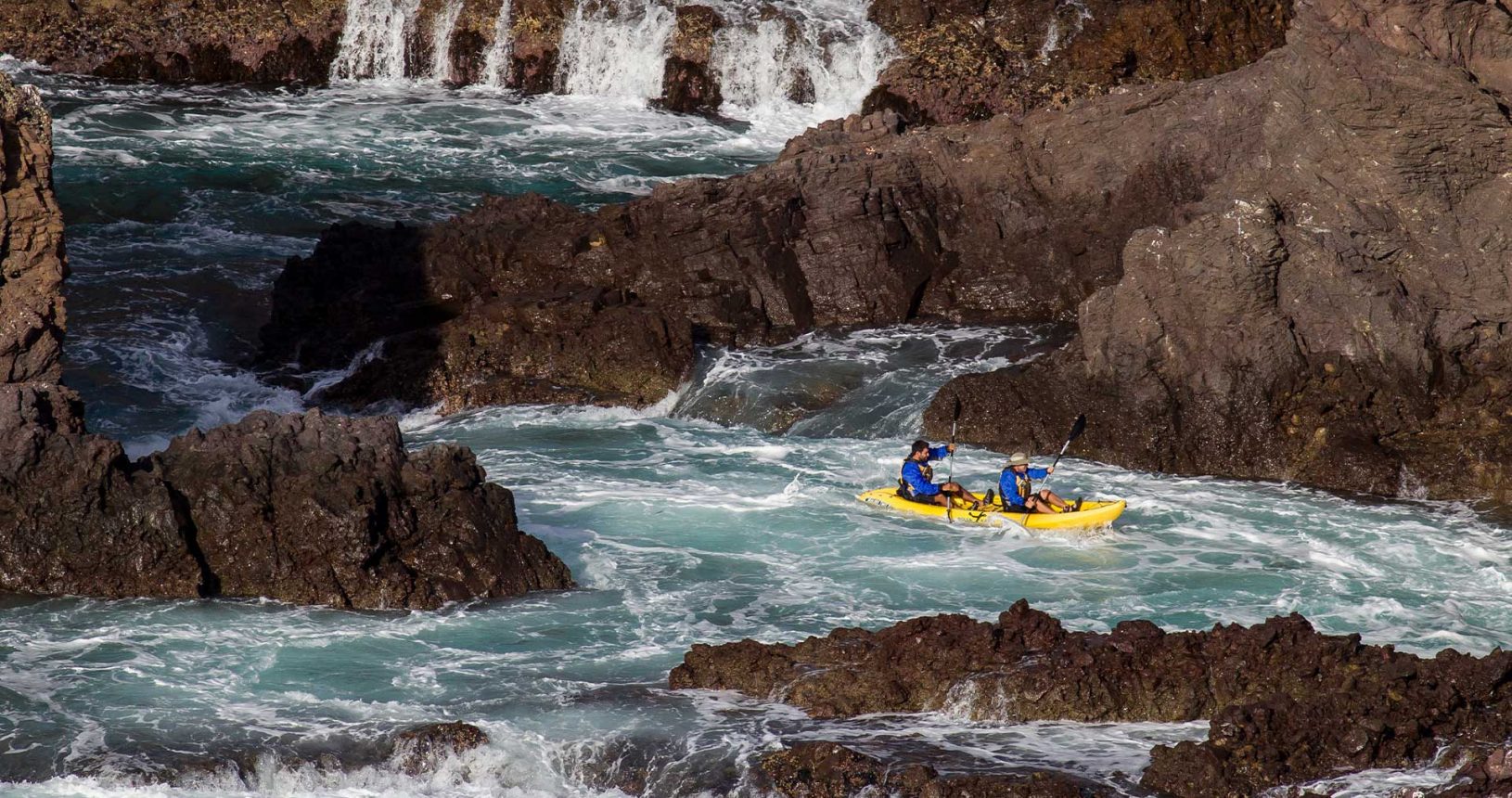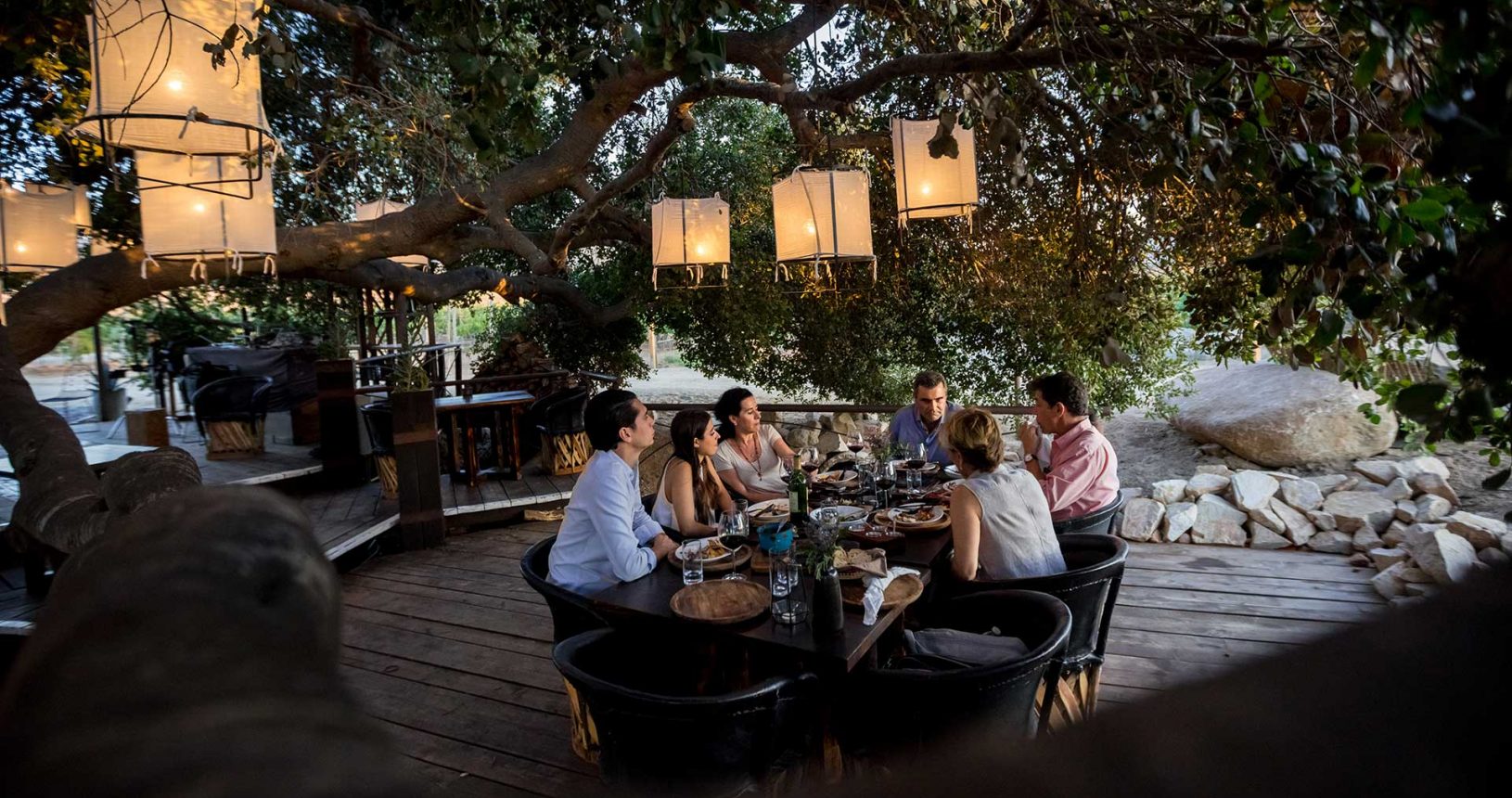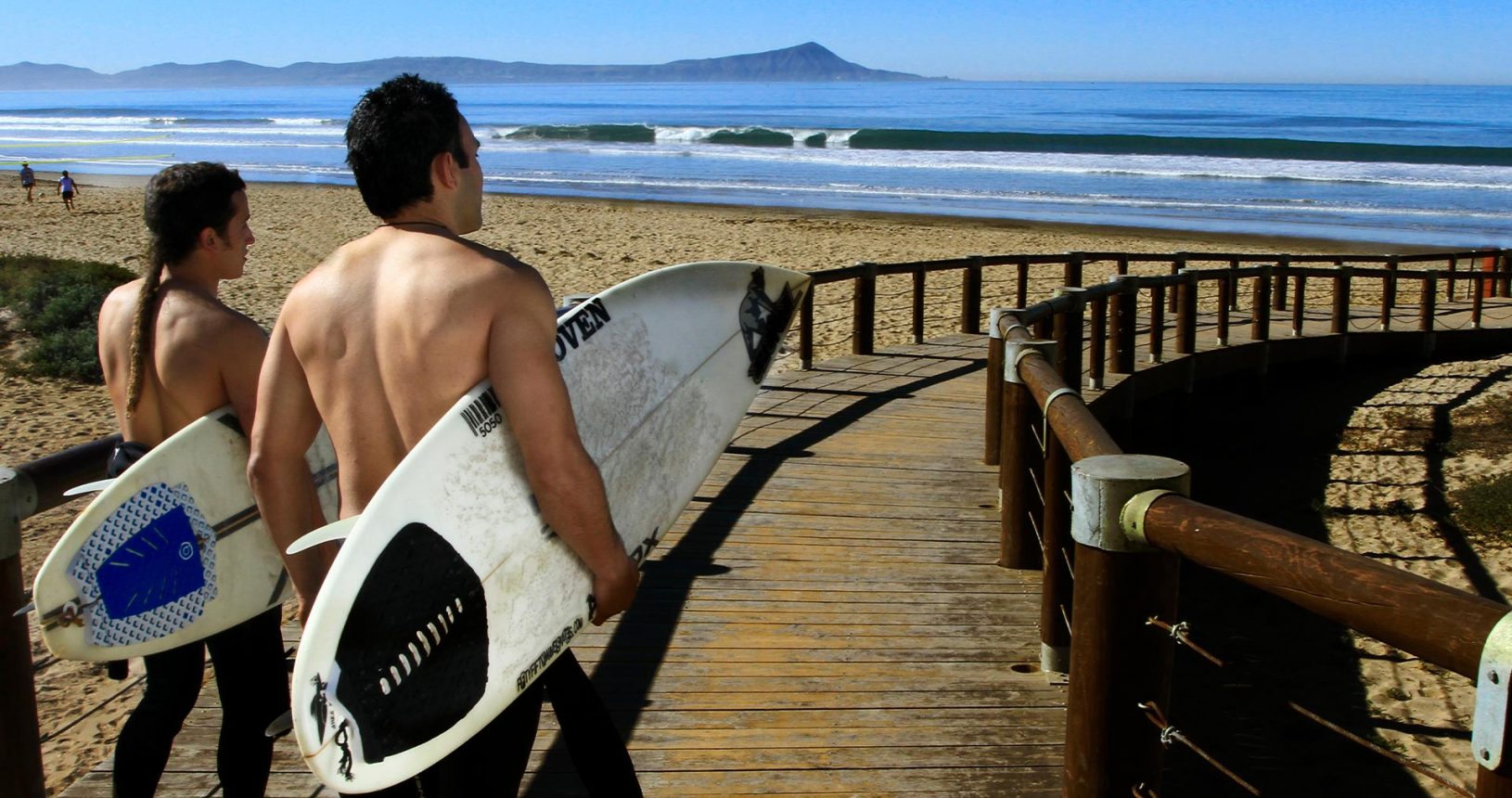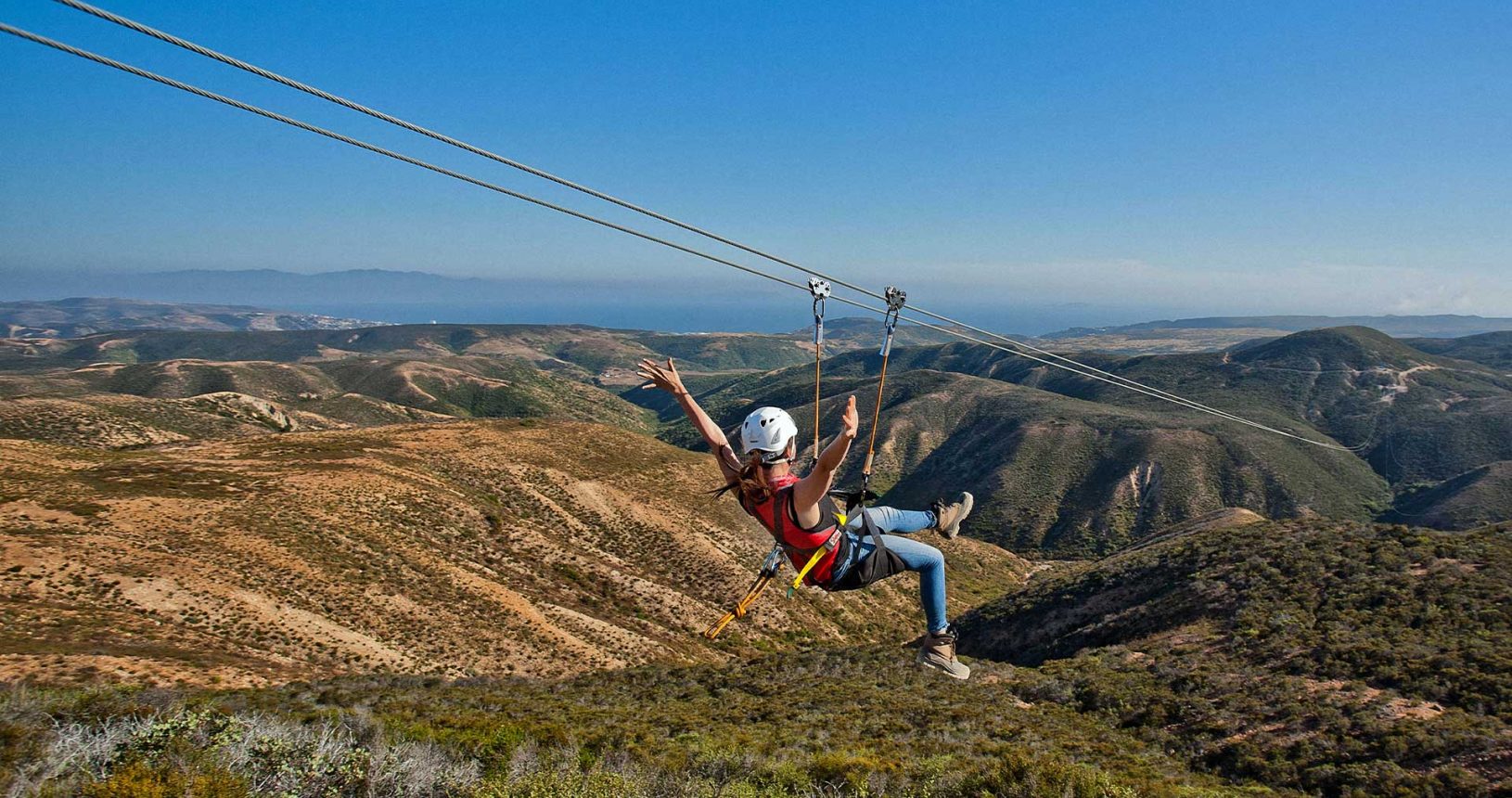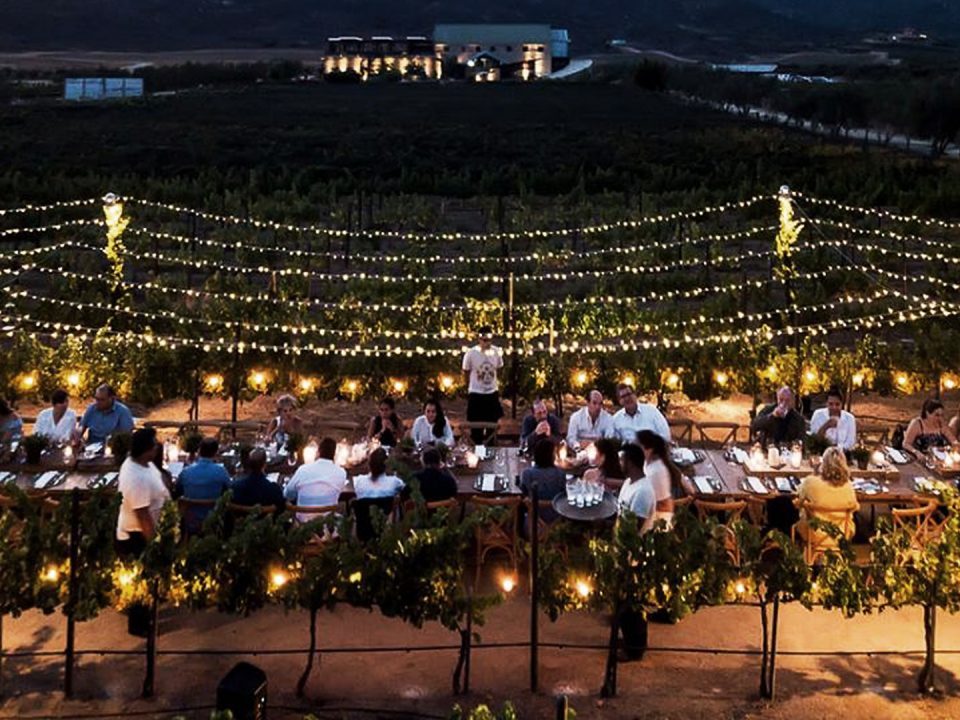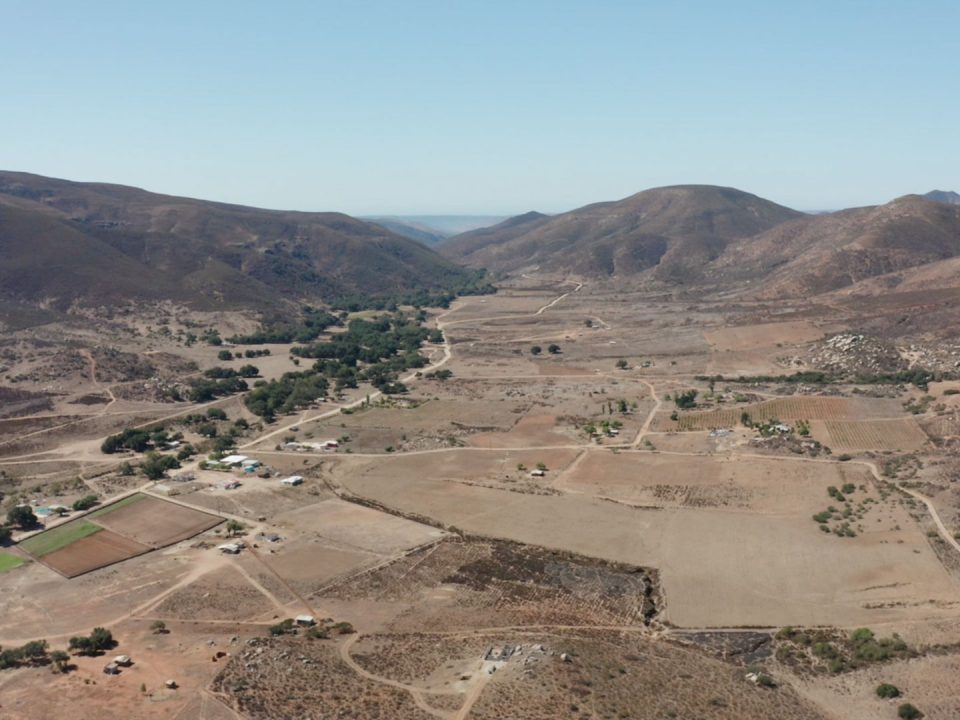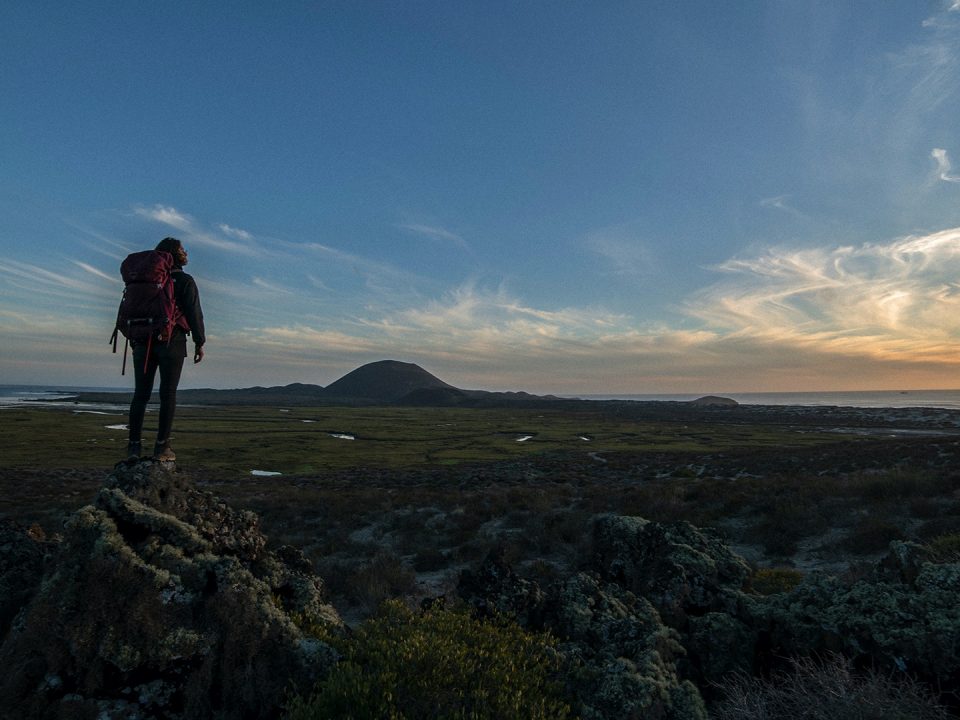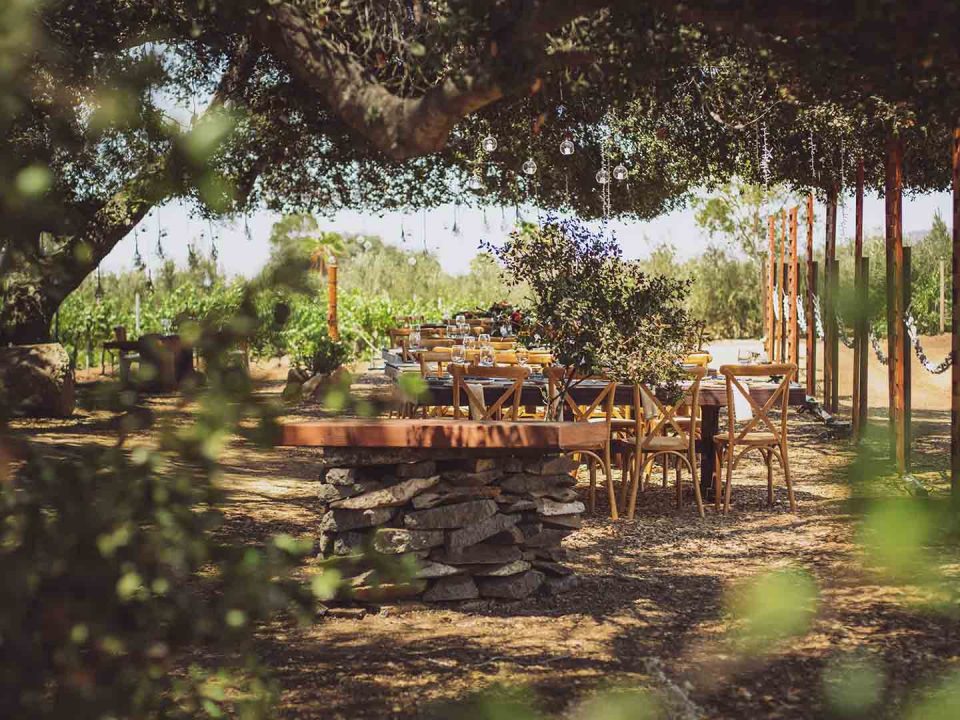What you need to know:
90% of Mexican wine is produced here.The most visited tourism seaport on the Pacific, with over 700 thousand cruise goers.
Off-roading world capital and home of the Baja 1000.
Named as Creative City by UNESCO for its gastronomy.
Location
View video
THINGS TO DO

The Wine Capital of Mexico
Baja’s wine country is comprised of over 150 wineries over several valleys: Valle de Guadalupe, San Antonio de las Minas, Ojos Negros, Santo Tomás, San Vicente, La Grulla, Tanamá, Las Palmas y San Valentin. Explore a collection of dozens of wineries, a picturesque spot dotted with shops, inns, and restaurants. Mexican wines are recognized internationally attributing 90% of the country’s wine production in Mexico to Baja California.
Anthony Bourdain referred to this region as ¨A Little Tuscany¨.

Adventure & Ecotourism
From sea to mountain, Ensenada has it all! Enjoy ziplining, kayaking, coasteering, hiking, mountain biking, surfing, diving, whale watching, and a must is cage diving among the Great White Shark! These are only a few of the many adventures that await in Ensenada!

Wedding Destination
For Your Beautiful Story, a Stunning Destination.
These days, couples who are engaged to wed often want to find a magical place to celebrate their union and begin the rest of their story together. A destination wedding is an incredible opportunity to make the dream come true, making this big day a unique and unforgettable occasion.Ensenada is an authentic, charming, and above all, romantic setting: the ideal destination to share this important and unforgettable moment for a couple, especially when accompanied by family members and friends in a setting as warm and marvelous as this port.
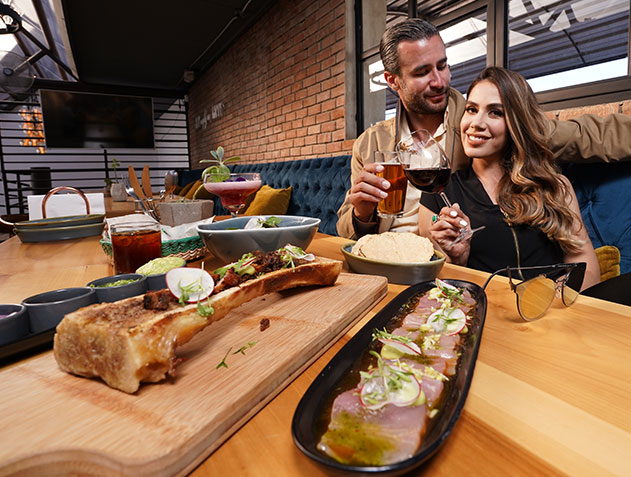
Gastronomy Creative City
Ensenada named as Creative City by UNESCO for its gastronomy. Known for fresh seafood and vegetables cultivated on these fertile lands. Here you’ll find restaurants with nationally and internationally known chefs; many of their dishes can be paired with a tasty wine from local vineyards or a cold craft beer from region breweries.
Don’t miss out on Ensenada’s street eats, seafood carts, and the famous Fish Taco, it’s a true delight!
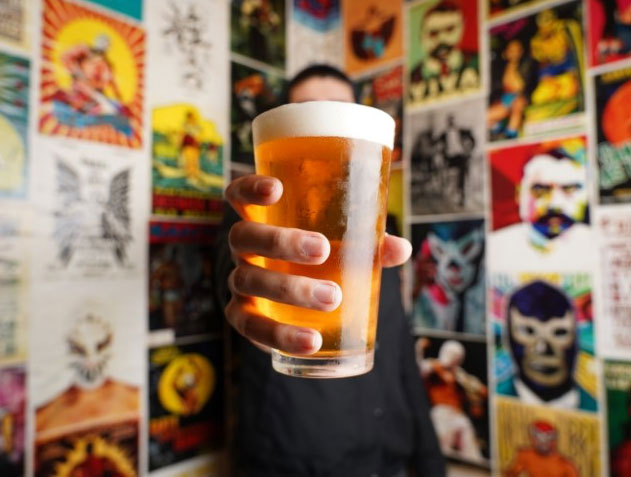
Ensenada Nightlife
The party doesn’t end when the sun sets! Visit Papas & Beer, where a cool atmosphere meets good music. Make a stop at Bar Andaluz and taste their famous margaritas . An Ensenada classic is, of course, Cantina Hussong’s, which throughout the years has been a hit with tourists and locals. You can also take a beer tasting tour at local breweries and taprooms.


